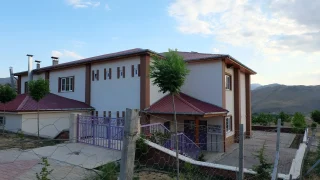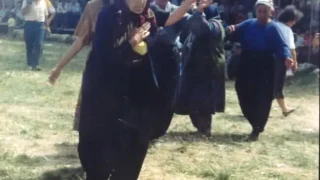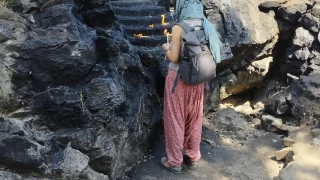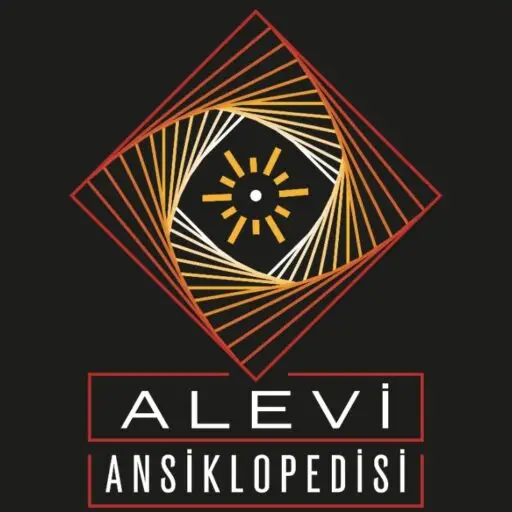
Village Cemevis and Transnational Alevi Placemaking
This entry traces the emergence and significance of rural cemevis built by migrants, situating them within broader debates on migration, religious change, and spatial politics....

Women in Alevism
In Alevism, women are not only foundational to social life but also to the spiritual cosmos. In Alevi theology, female womb is revered as the...

Environmental Ethics in Alevism: the Case of Dersim
Environmental ethics in Alevism reflect a relational worldview in which connections to land, nature, and non-human life are shaped through oral tradition, ritual practice, and...

Transnational Alevism
Transnational Alevism refers to the evolving religious, cultural, and institutional formations of Alevism that have emerged in response to migration, displacement, and diasporic conditions. Rooted...
No blog posts found for this author.
Dr. Hayal Hanoğlu
Hayal Hanoğlu is a scholar of migration and religion with an interdisciplinary background in sociology, social anthropology, and psychosocial studies. She holds a PhD in Migration Studies from the University of Kent in the UK, where her doctoral research examined the diasporic transformation of Alevism and its impact on rural Alevi geographies in Turkey. Her research interests span migration and diaspora experiences, transnational activism, and gendered dynamics—primarily through the lived experiences of Alevi and Kurdish communities. Her recent work focuses on the intersections of religion, ethnicity, gender, and activism, with particular emphasis on the narratives and strategies of Kurdish Alevi women. This formed part of an international research project on Kurdish women’s activism (ALCITfem), during which she worked as a postdoctoral researcher at the Centre for Advanced Studies of Population and Religion (CASPAR), Cracow University of Economics, Poland. She has published widely on migrant Alevism, diasporic politics, transnational engagement, and the intersectional struggles of Kurdish Alevi women. Her research continues to centre the lived experiences, imaginaries, and subjectivities of subaltern and displaced communities across borders.

